Living In Turkey
Russian blogger Svetlana experienced just this. Self-titled “the wife of a Turkish Sultan,” she has blogged and Instagrammed life as a Russian woman living in Turkey, revealing what it’s exactly like.
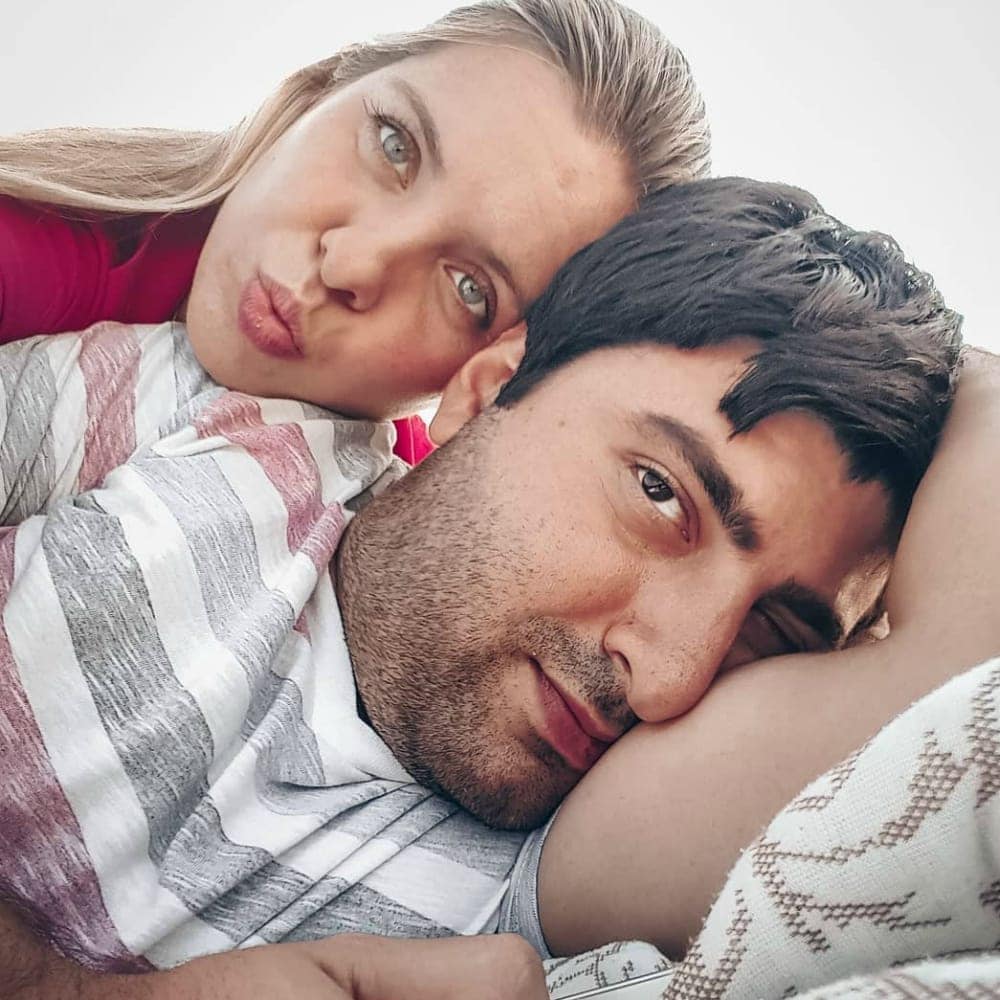
Living In Turkey
Meet Svetlana
Originally from St. Petersburg, Russia, her hometown is exactly where she met her husband. The pair married and decided to move to Turkey. Ever since, Svetlana has been writing about her daily experiences, sometimes including culture shock, living in a country that’s wildly different from the one she grew up in.
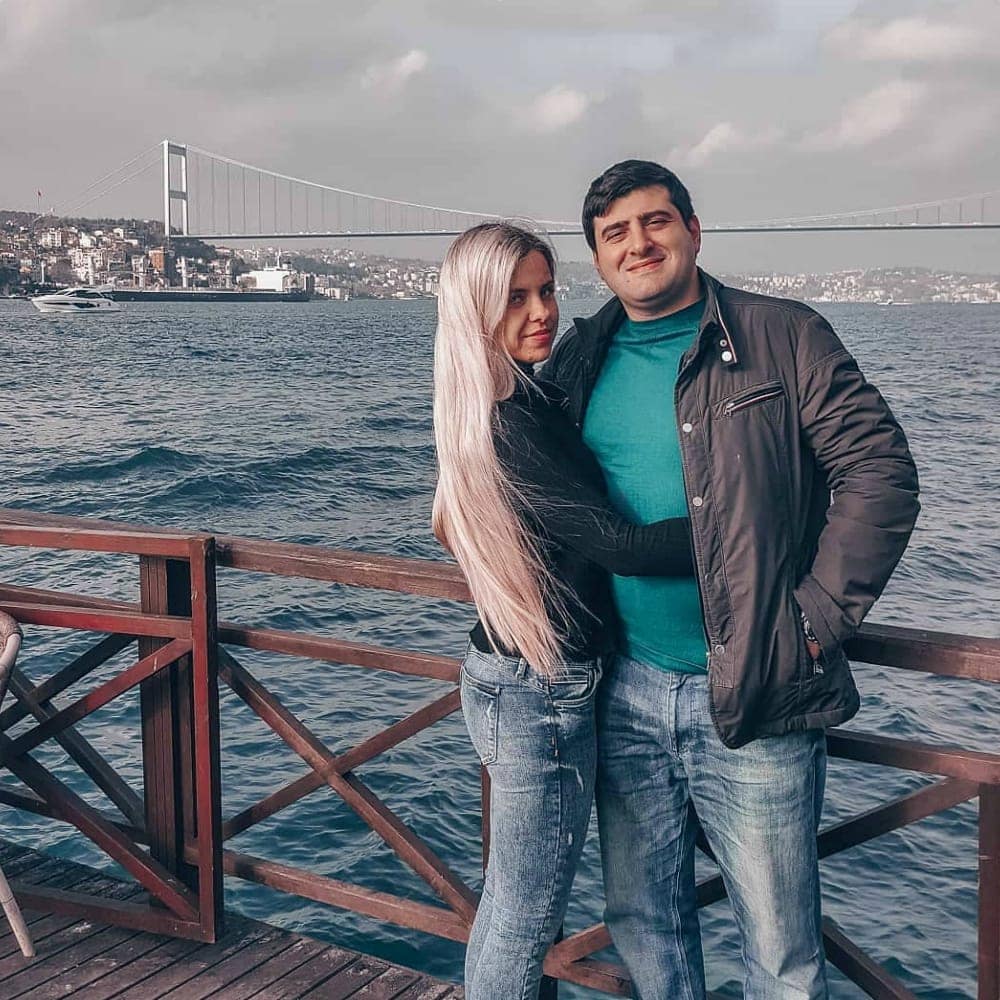
Meet Svetlana
Everyone Tried to Scare Her
Svetlana met her husband while he was on vacation in Russia. When they announced that they were getting married, many of her friends and family tried to warn her against it. She said, “everyone tried to scare me, telling stories about the consequences of marrying [a Turkish man].” Despite this, she followed her heart and hasn’t looked back since.
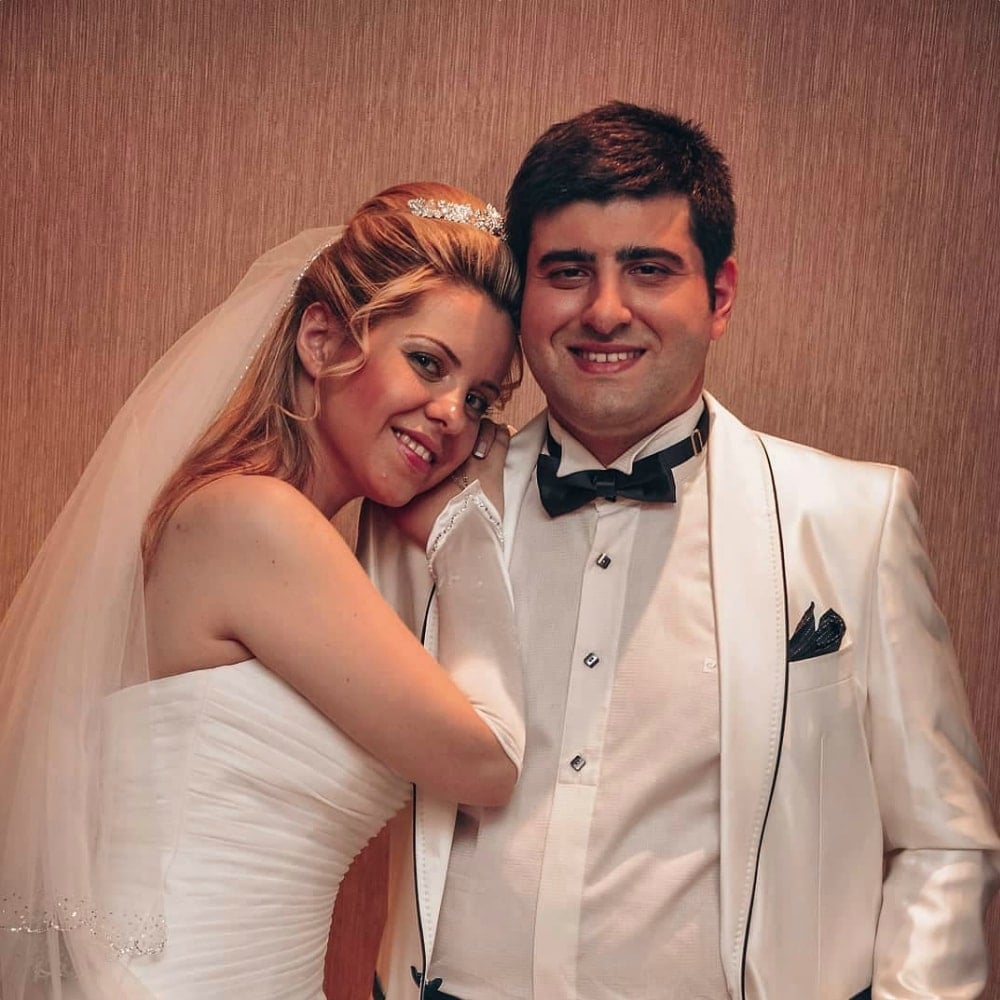
Everyone Tried To Scare Her
They Said Not To Have Children
The criticism didn’t end after she was a married woman. More unwarranted opinions and suggestions followed her, including some people telling her not to have any children with her husband. She said that people said things like: “Don’t have children, if you decide to get a divorce, you’ll never see them again.” Once again, she didn’t listen to the haters, and the couple has two children together.
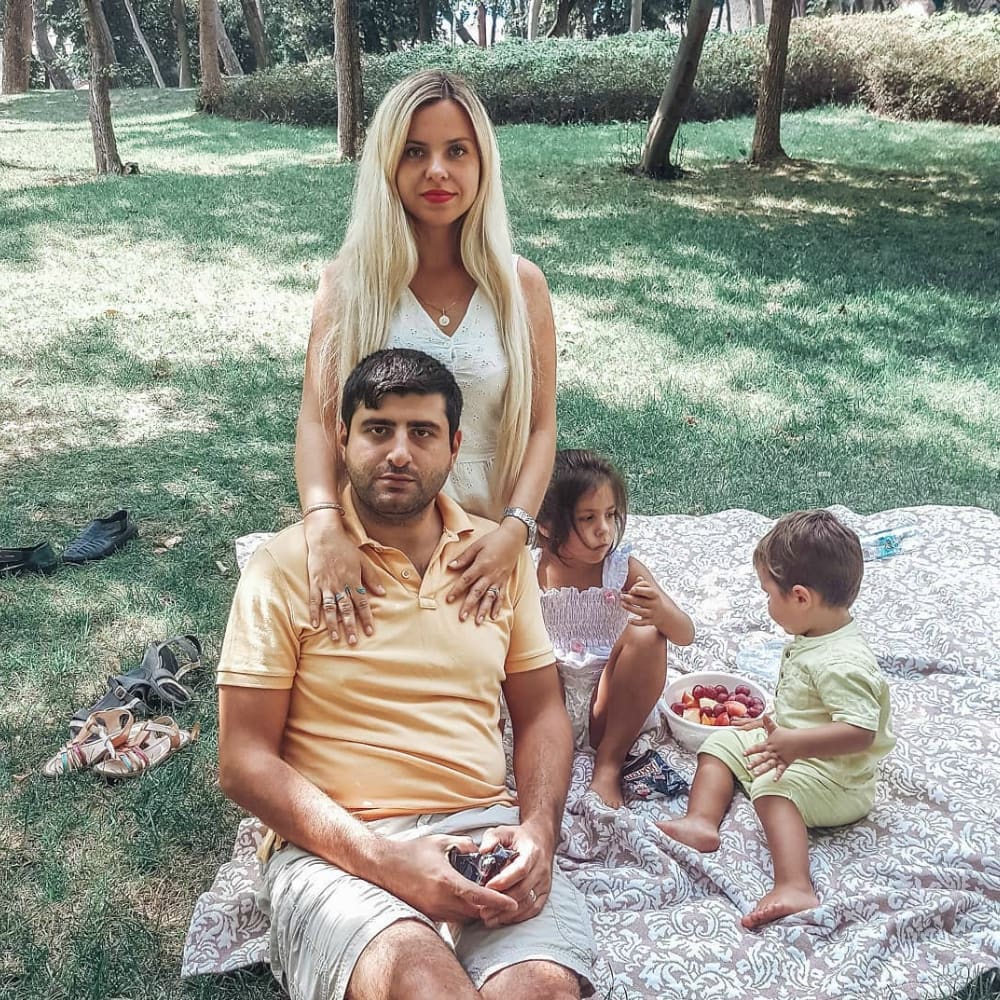
They Said Not To Have Children
A Shoe Tradition
In Turkey, it is a well known fact that before you enter someone’s home, you must remove your shoes. Most Turkish people do not wear shoes inside their homes at all. Additionally, it is also required to remove your shoes before entering a mosque, as these places of worship are considered to be a communal home for all worshippers.

A Shoe Tradition
C-Sections Are Common
Svetlana explained that C-Sections are very common and many women have their babies at a private maternity hospital. She explained: “C-sections are really common here for a couple of reasons. It’s more convenient for the doctor, and many women are afraid of labor, so they ask for this surgery. You’re allowed to go home the next day after giving birth to a baby if everything’s fine. If you’ve had surgery, you have to stay at the hospital for 24 hours.”

C Sections Are Common
Not All Marriages Based On Love
While Svetlana and her husband fell in love and then got married, she explained that arranged marriages are still quite common in Turkey. She said: “In the Eastern part of the country, cousins even have to get married at their families’ discretion. By the way, they don’t even get to go out together before the wedding.”

Marriages Not Based On Love
Medical Tourism
As Turkey has all the latest medical technology that is available in the United States and Europe but offers procedures for 20%-30% less of the cost, medical tourism has really flourished. Svetlana saod: “in most cases, people travel to Turkey to undergo plastic surgery: breast augmentations, body contouring, and nose or lip surgery.”

Medical Tourism
Turkish Breakfast
A typical Turkish breakfast is quite the lavish affair. It usually includes cheese, eggs, tomatoes, spicy Turkish sausage, cucumbers, tomatoes, jam, honey, and butter. However, Svetlana admitted that she is not a big fan o the breakfast. She said: “Why on Earth do I have to eat sausages, olives, and jam in the morning,? This is not breakfast food!”
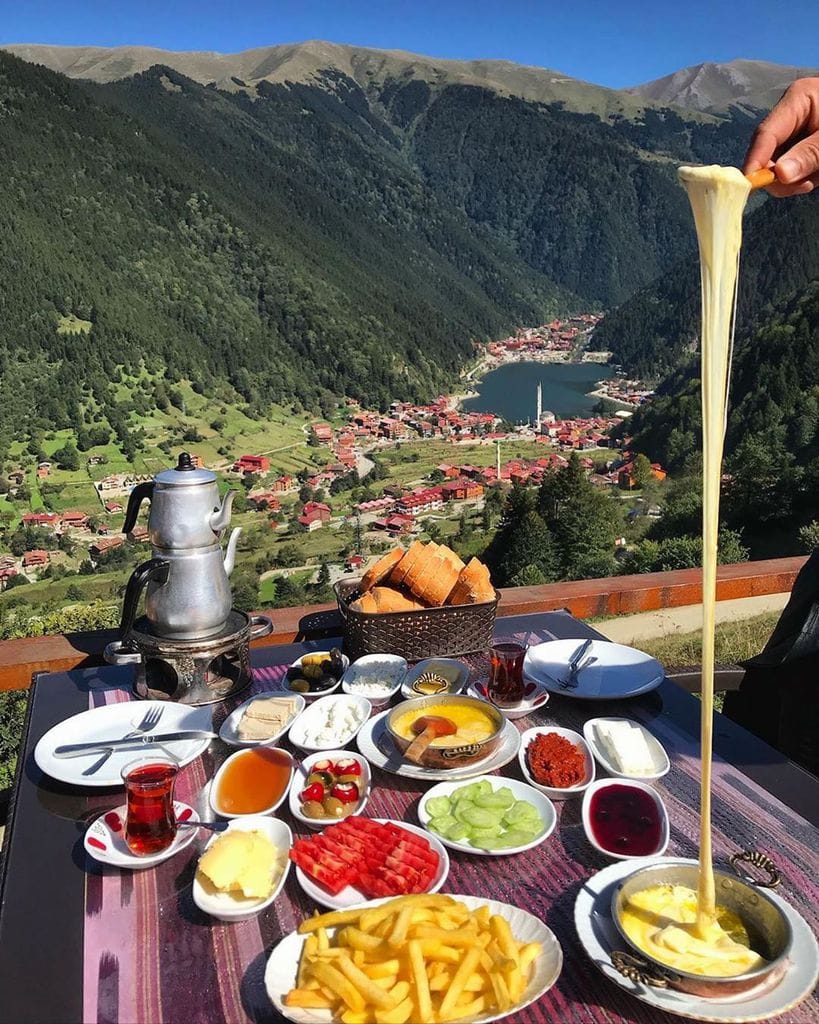
Turkish Breakfast
They Know Food
However, she goes on to describe many other culinary treats and delights that can be found in Turkey. According to Svetlana: “Almost all desserts in Turkey are covered with sugary syrups…main courses are prepared using tomato paste and huge amounts of oil. And each street cafe sells something called shawarma…Turkish people call it döner, which means ‘rolling.’ Thanks to an unusual meat roasting technique, all the fat drops off of the meat.”
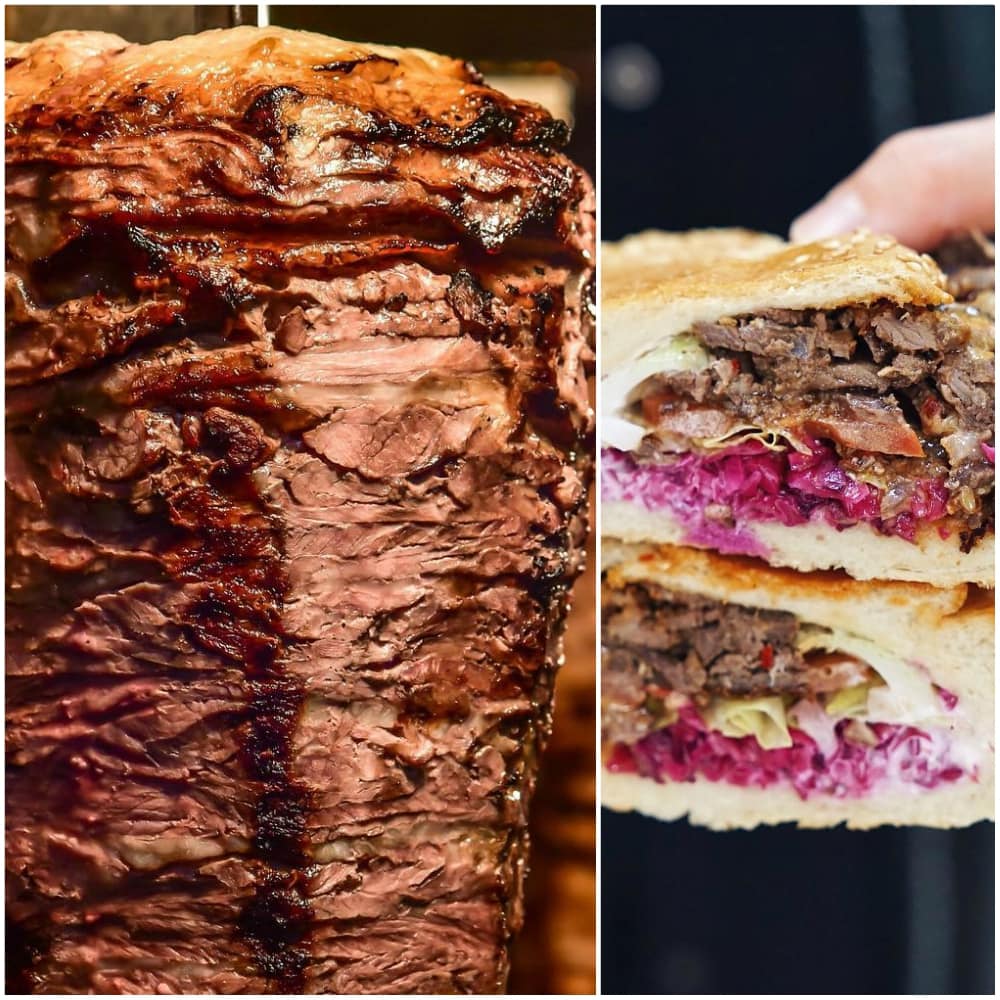
They Know Food
A Tradition Of Returning Gifts
While it is considered rude in many countries, returning gifts you’ve received in exchange for something else you really want is quite normal. Svetlana said: “The thing is, people often give clothes as presents because they’re cheap and made in Turkey. This year, we bought our mom’s pullovers and they gave us sweaters. Not all of the presents fit, but that wasn’t a problem — a person can exchange an item in any store belonging to the chain it was purchased from.”

A Tradition Of Returning Gifts
Avoid Getting Ripped Off
Svetlana warns that a lot of salespeople, especially at markets, will try to pull the wool over your eyes when it comes to prices. She said that they can “say nice things, treat you with their goods, and give ‘huge’ discounts, but they’re really sly…So you should always open and check thoroughly wrapped bags that vendors give to you. At the market, pick fruits and vegetables on your own — choose the best ones, it’s your right. Locals always pick fresh products and sometimes even throw rotten ones at the vendors.”
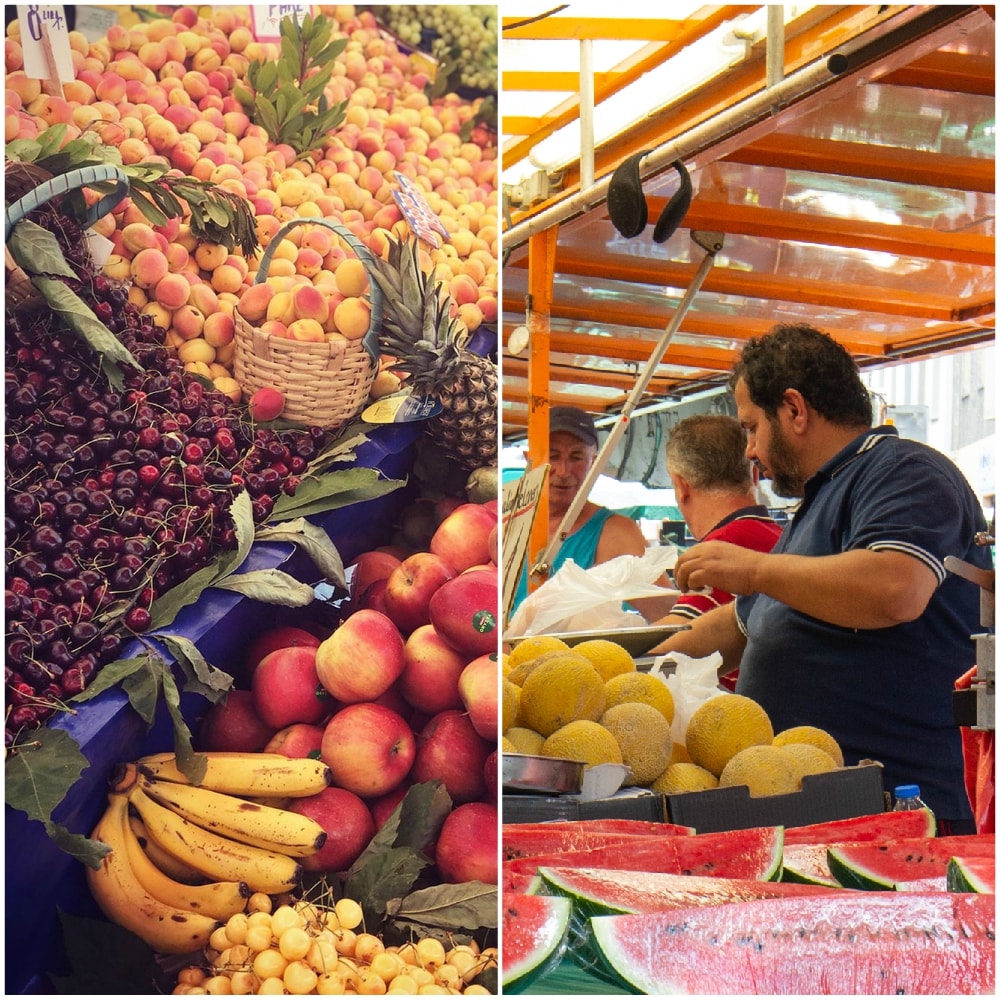
Avoid Getting Ripped Off
No T-Shirts At Home
Svetlana understands that she is living in a country with customs very different from her own, but she will stand up for herself if she feels too much pressure. However, she has chosen to respect her husband’s wishes with one regard. She said he “gets annoyed when I go around the house in a long t-shirt,” so she opts to wear comfortable dresses instead.
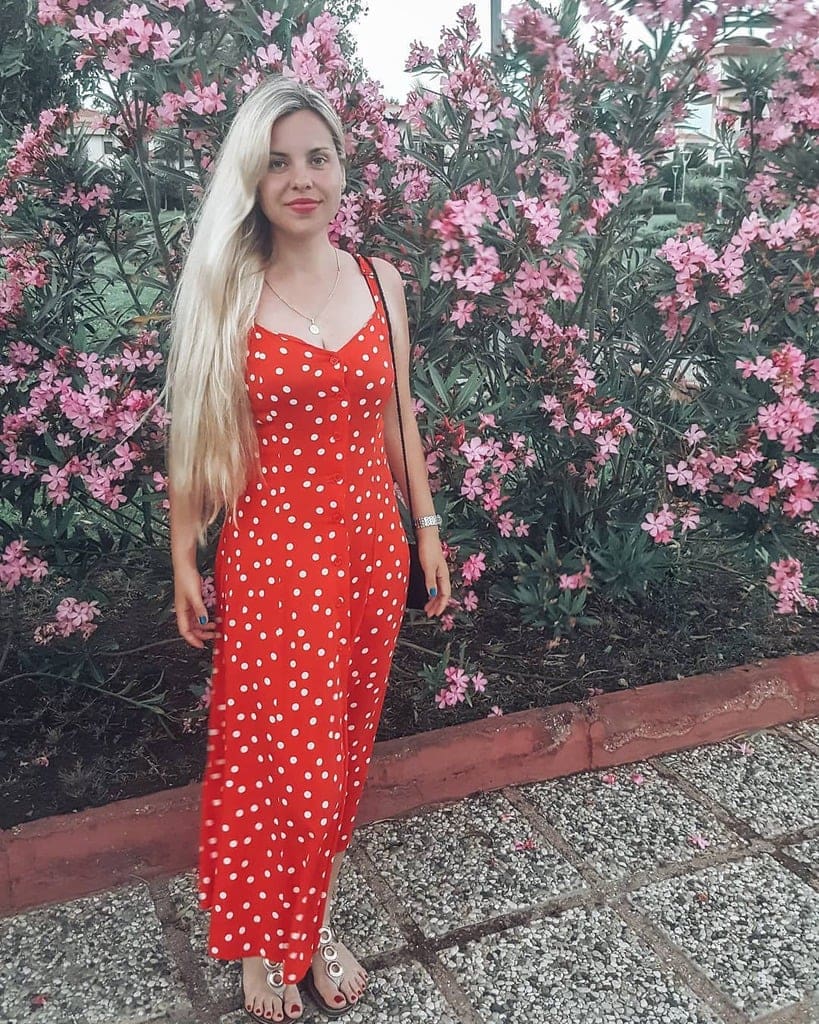
No T Shirts At Home
Cooking Differences
Another huge cultural difference between Svetlana and her husband is the type of food they’re both accustomed to eating. Svetlana is used to cooking and eating a lot of pork, but her husband is not a fan, saying that it is not healthy and smells bad. Her prefers mutton, but Svetlana argues back that it “sometimes smells much worse!”
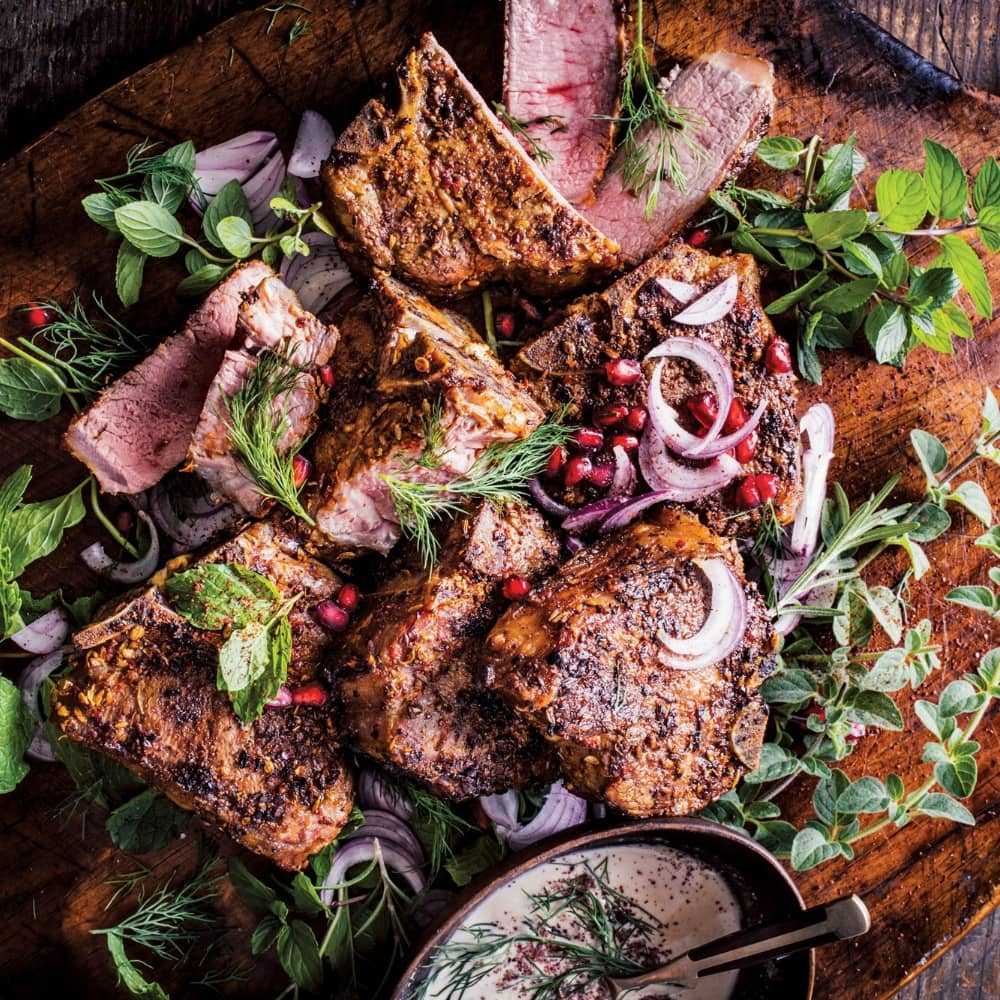
Cooking Differences
Customary Insults
One thing that took Svetlana a bit of time to get used to is the fact that in Turkey, people do not use terms of affection towards their children, but rather, as she explains, “it’s customary to insult them.” Perhaps they’re doing this in an endearing way, but it was definitely something new to get accustomed to.
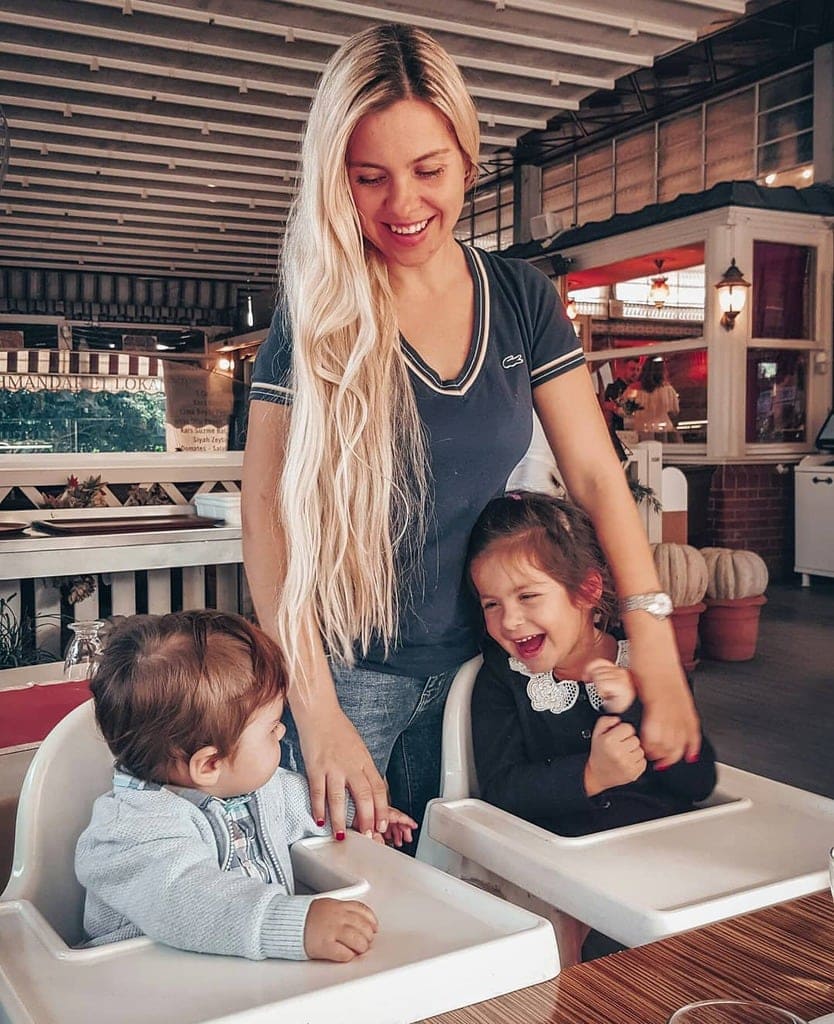
Customary Insults
Consider Yourself Turkish If…
Svetlana has shared that you may consider yourself an honorary Turk if: you take your shoes off before going into someone’s home, you drink (at the very least!) 3 cups of black tea, and if you flip over your coffee cup once you’ve finished it in order to try to find out your fortune.

Consider Yourself Turkish If
More Turkish Attributes
Svetlana shared that it is typical of Turkish people to fight over the bill at a restaurant, aggressively honk their horns and also to shout out of the car window while driving. She also said Turkish people love eating yogurt as dessert.
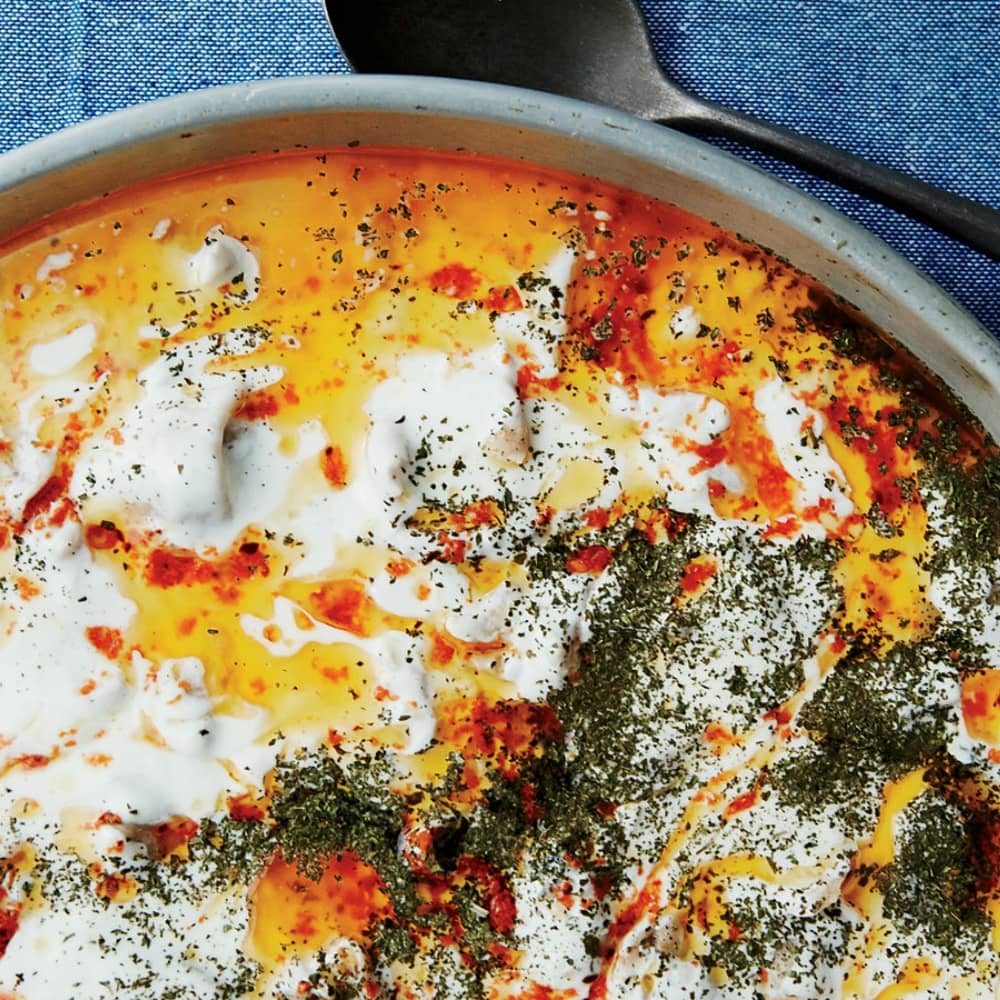
More Turkish Attributes
Budgeting Before Your Journey
Svetlana shared some budgeting advice when it comes to traveling long-term to Turkey. She said that renting an apartment costs about $220 per month, while a villa will cost about $1100 a month. A car rental will cost around $34 per day, while renting a bike will cost $17 per day.
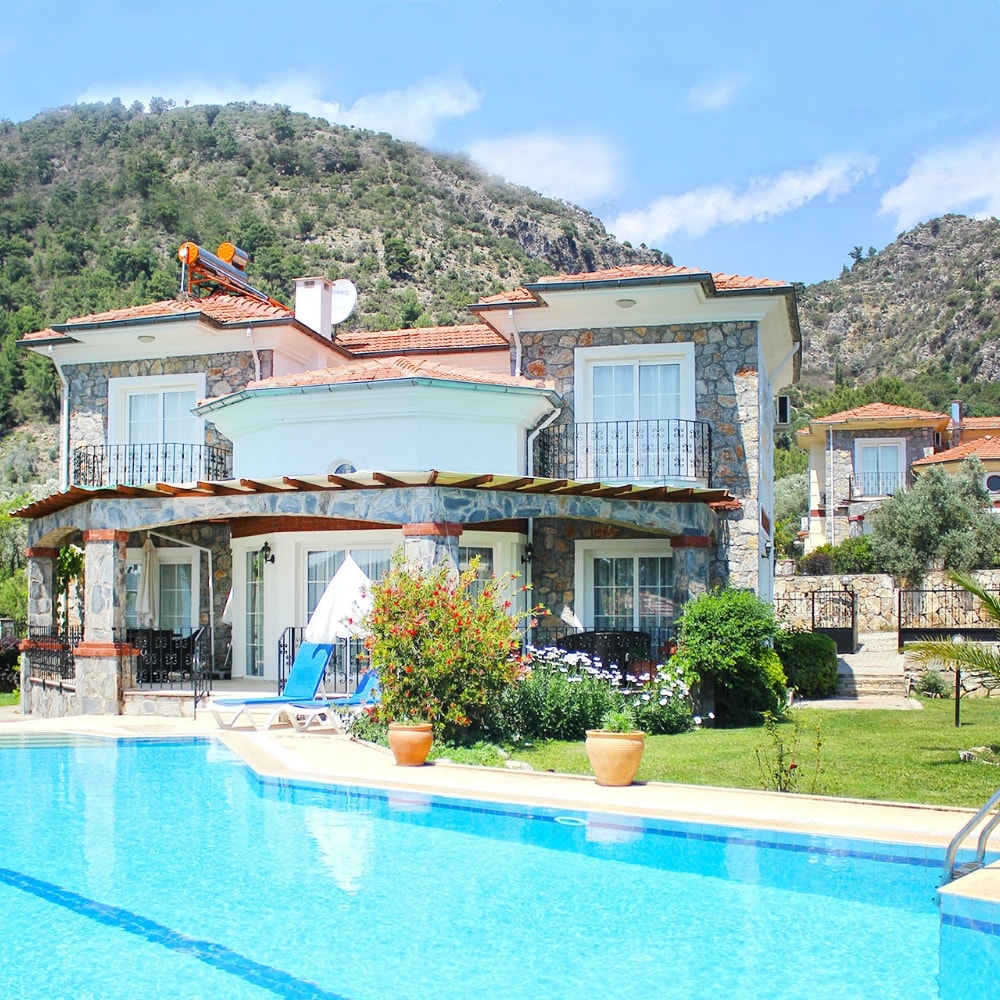
Budgeting Before Your Journey
What To Explore
To those her are unfamiliar with Turkey, Svetlana has shared a post with many recommendations for visitors. While she personally does not enjoy visiting often, she says that no trip to Turkey would be complete without visiting the traditional Turkish bath house, called a Hammam. She recommends the Haseki Hürrem Sultan Hamamı, which was built by Alexandra Anastasia Lisowska in the 16th century.
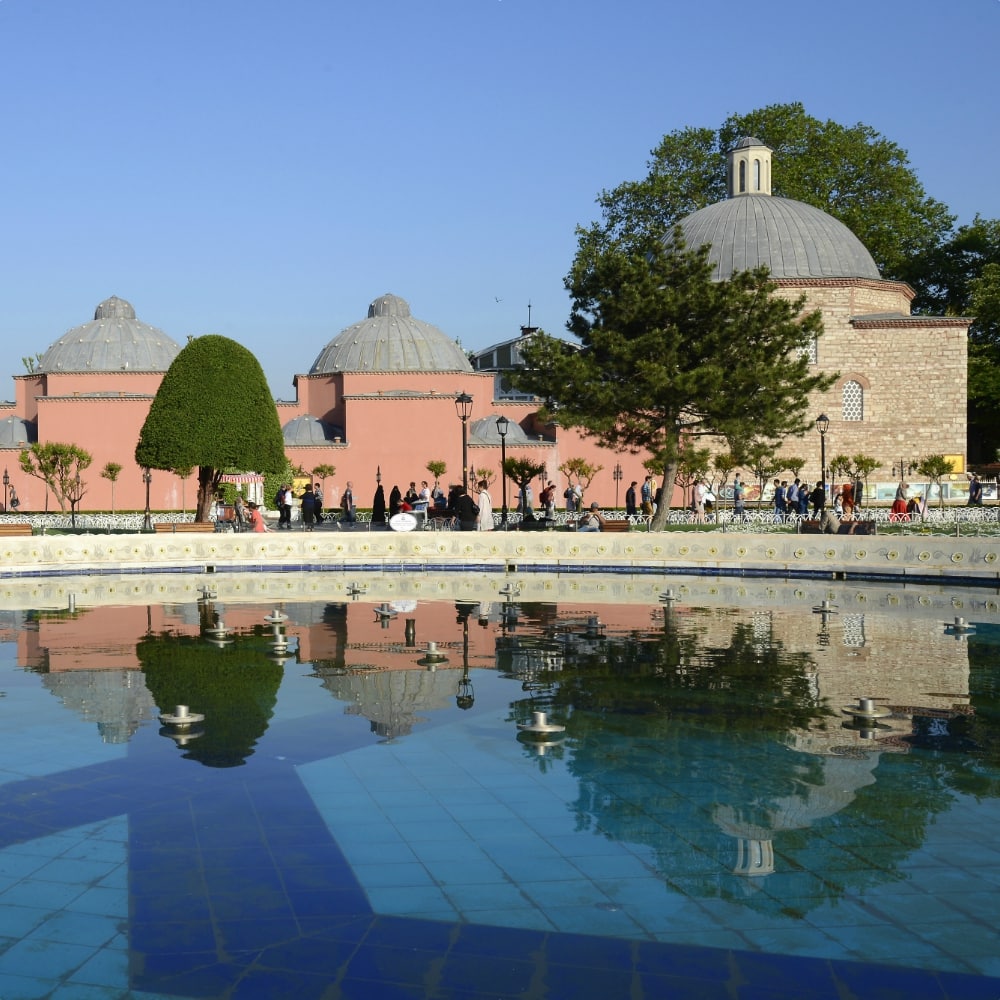
What To Explore
Historical Hammams
Another very famous hammam was built in the 15th century by Sultan Bayezid II. Svetlana said that it “was also visited by John Travolta, who is famous for tipping $100 for a cup of tea” Svetlana says that every hammam has separate areas for men and women.

Historical Hammams
How To Get Around
Svetlana explained that the best way to get around Turkey is by train. The first and last carriages of the train are the first-class carriages. According to Svetlana, “it’s better to buy seats there since they’re only around 50% more expensive. There are only 16 seats in these carriages, and there is free Wi-Fi, dinner, and free drinks every 30 minutes.”

How To Get Around
Food Expenses While Traveling
Another great fact to know before visiting Turkey is that buying food is not very expensive! A week’s worth of food at a supermarket will cost about $33, which is not bad at all. A cup of coffee costs about 78 cents, and a cup of tea is half the price of that. If you want to experience a luxurious meal with a view of the sea, it will cost about $48.

Food Expenses While Traveling
Education In Turkey
Svetlana explained that the good schools in Turkey are “either for clever or wealthy people. Your child will have a chance to go to a public kindergarten only after they turn 4 years old” and it’s only for four hours a day. If you want to leave your child for longer, there are additional groups that you’ll have to pay for.”
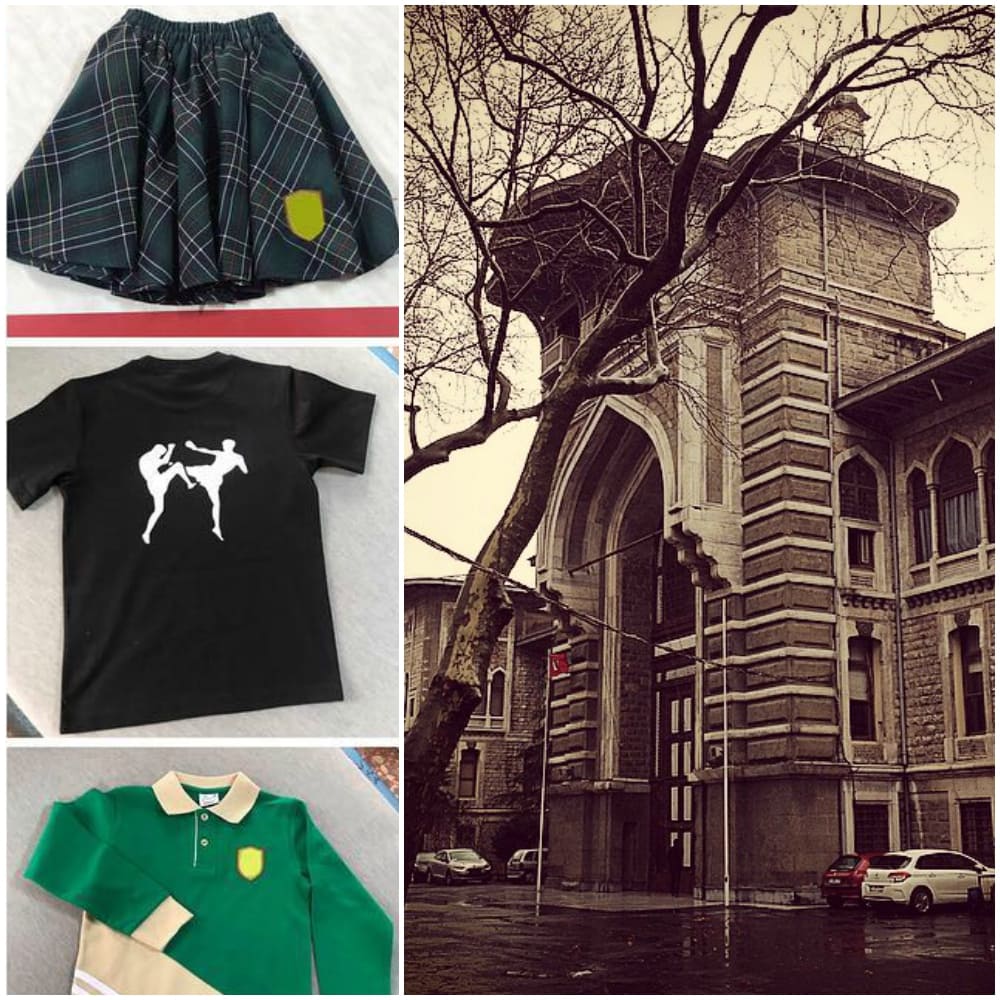
Education In Turkey
Living In Turkey Longterm
While transitioning to life in Turkey has not necessarily been easy, Svetlana has managed to make a great life for herself there. She has adapted to the cultural differences and gotten over the initial culture shock. She could not be happier that she followed her heart.

Living In Turkey Longterm







